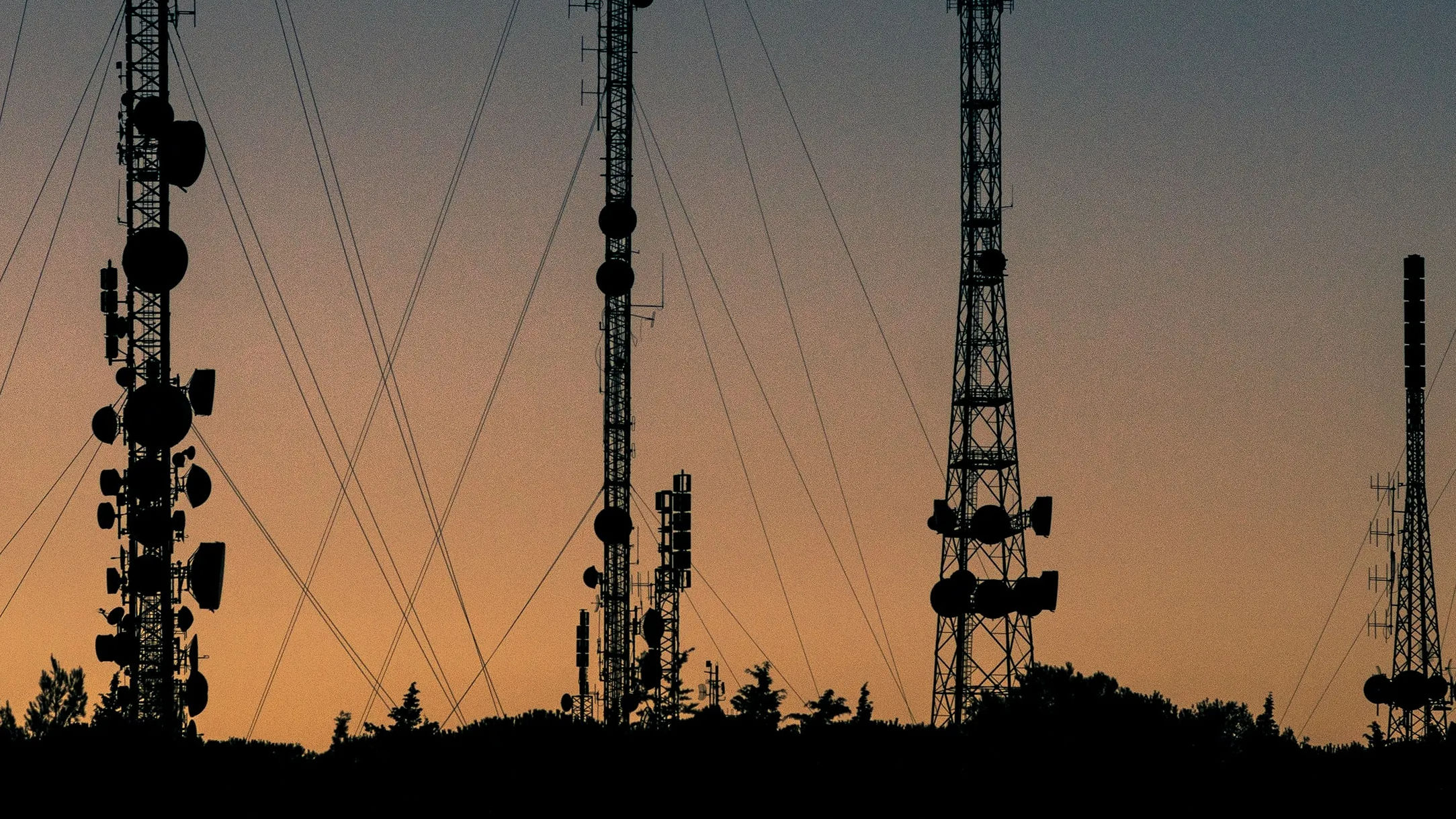Days after Rogers Communications, one of Canada’s primary internet service provider, suffered a major outage, the government ordered a probe and insisted that telecom providers build communication protocols to keep people better informed.
Industry Minister François-Philippe Champagne who met with the Rogers, BCE Ince and Telus, told reporters that he had demanded a framework for communication protocols and that he expected the three to enter into a “formal agreement within 60 days.” Between the three telecom giants, 90% of the telecom industry in the country is controlled by them.
Also Read: 5G: Do people in India even need it?
Rogers Communications suffered an outage for nearly 19 hours late last week, disrupting services across the board, from flights to banking to emergency services. Not only did the outage cause significant issues in day to day functioning, but it also cast doubt over the company’s desire to take over Shaw Communications.
Rogers’ planned acquisition of Shaw Communications was rejected this year by the antitrust regulator, Competition Bureau Canada on the ground that it would hamper competition. Rogers’ had entered into talks with the regulator to find a way to complete the merger just two days prior to the outage. This is the second Rogers’ outage in the last 15 months, prompting both consumers and politicians to call for more competition in the telecom industry.
Also Read: Gamestop’s NFT Marketplace is open for business
Even worse is that the outage continued to affect consumers till Monday after the payment gateway Interac said that many of its Canadian customers had been locked out from online payments. Interac has been adding other service providers to its current system.
Also Read: How is Twitter vs Elon Musk likely to play out?
Montreal-based law firm LPC Avocat Inc is looking to launch a class action lawsuit against the company, authorisation pending. According to a Reuters report, the firm is looking to charge the telecom giant C$400 per customer as compensation for not providing them with adequate service and falsely claiming that it was the country’s most “reliable” network.







